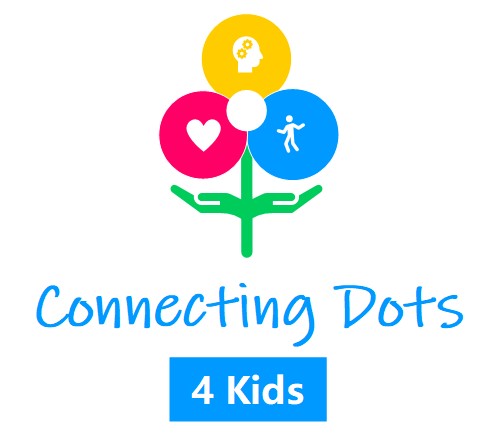Frequently Asked Questions
What is Occupational Therapy?
From OT Australia:
Occupational therapists are qualified health professionals who work with all people to do the things they need and want to in all aspects of life, such as taking care of oneself and others, working, volunteering, and participating in hobbies, interests and social events. Occupational therapists call these activities “occupations”, which can be grouped into three broad categories:
-
Leisure
- We engage in leisure occupations for relaxation, play and enjoyment
- These often vary person to person but can include reading, knitting and playing sport
-
Self-care
- Self-care occupations enable people to remain active and independent in their everyday lives
- Common examples of self-care include showering, applying make-up and cooking
-
Productivity
- Through productivity occupations, people often derive meaning through their contributions
- These change throughout the lifespan, and consist of schoolwork, parenting, volunteering and employment
Occupational therapists also help people to manage and live with long-term (chronic) health conditions, like arthritis, diabetes, and cancer to name a few.
Occupational therapists are experts in the relationships between what people do, their health, their well-being, and work with people to help make every day living easier. They assist people to manage ongoing symptoms and prevent complications by:
- Building their knowledge and skills
- Finding new ways of doing activities
- Changing the environment to suit their needs
How does Occupational Therapy help children?
Occupational Therapy assists children to do the things they need and want to do in their everyday life. The primary occupations of childhood are playing and learning. OTs help children to learn everyday skills such as getting dressed, using a knife and fork, using a toilet, coping with getting messy, drawing and writing, climbing, playing with others, controlling our emotions so we can continue learning, focusing on the task at hand.....there are so many things we can help with!
Where do Connecting Dots 4 Kids see children?
We currently are focusing our services on the Gawler, Evanston and Angle Vale regions (suburbs of Gawler, Gawler East, Gawler South, Gawler West, Evanston, Evanston Gardens, Evanston Park, Evanston South, Angle Vale, Hewett, Willaston and Sandy Creek). We are flexible about travelling outside these areas however it should be noted that travel costs may apply.
We are also a telehealth service and provide regular video-linked services to families outside our catchment when they have previously received face-to-face services (where appropriate) or whilst awaiting new services in a new area. This includes families who move interstate and ADF families.
What developmental areas do you work with?
At Connecting Dots 4 Kids we have nearly 20 years of training and experience in working with a wide range of challenges. Some common areas we work with children and families include:
- Playing and Learning - cognitive, motor, social, emotional aspects of skill development
- Building friendship skills and social skills
- Feeding - fussy feeding, sensory-based feeding issues, utensil use
- Toileting - chronic constipation, soiling, wetting as well as developing toilet training skills.
- Sleeping - initiation, maintenance issues
- Dressing (including tying shoelaces)
- Scissor, drawing and writing skills (fine motor skills)
- Climbing, jumping and ball skills (gross motor skills)
- Executive functioning skills - getting organized, building focusing skills, developing performance analysis skills, sequencing and planning.
- Visual perceptual issues - spatial organization, left/right issues and letter reversals, sequencing challenges.
Do I need a GP referral to see an Occupational Therapist for my child?
The simple answer is no, but if you want to claim a medicare rebate, your child will need one of the following:
- Mental Health Care Plan (GP or Paediatrician referral required)
- Chronic Disease Management Plan (GP referral required through either a Shared Care Plan or Team Care Arrangement)
- Complex Neurodiverse Plan - Assessment and/or Treatment Plans (Paediatrician or Psychiatrist referral required)
Do you accept referrals from NDIS participants?
We accept referrals for children who are either self-managed or plan-managed.
How much does Occupational Therapy cost?
As our service is specific to your individual needs, the cost of Occupational Therapy services vary. Please contact us directly and we will gladly talk through our fees and charges. Please note, our fees are currently below those quoted in the current NDIS price guide.
I want an OT to visit my child at school. What do I need to do?
Please talk with your child's teacher and other relevant staff at your child's school about organizing an OT to visit before contacting us. Whilst we do want to work with schools and many teachers want to work with us, some schools do have policies which do not allow private therapists to attend.
What happens at the first home visit?
The initial session with your OT will be a chance for everyone to meet, for us to talk through strengths and challenges and to gather some informal observations of specific skills (if appropriate). Depending on your goals, we sometimes arrange for parent-only sessions to discuss needs further. Parents are sent questionnaires to complete prior to the initial session so your therapist can prepare prior to this session too.
